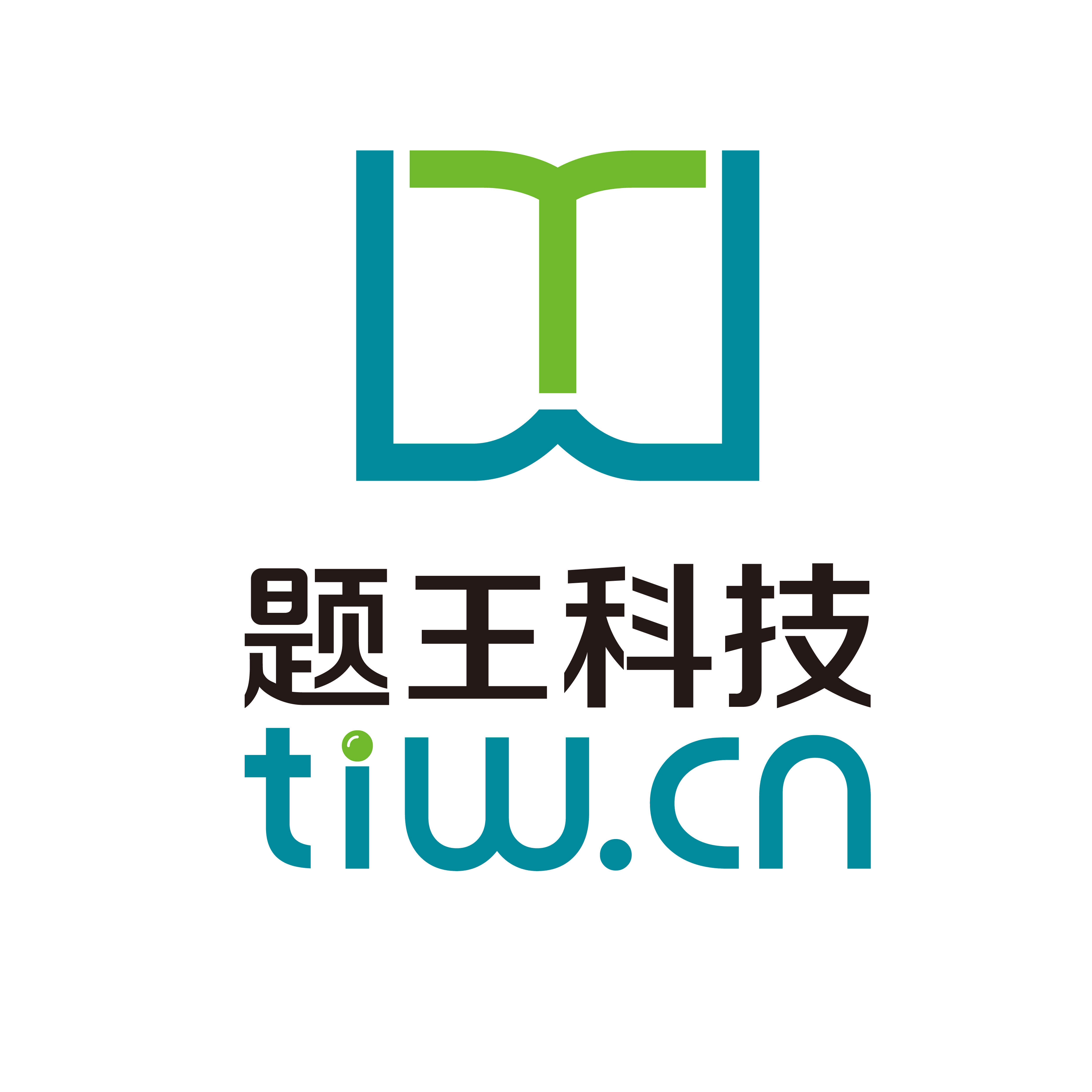 单选题
单选题
脑疝形成时,不可以( )。
发布日期:2022-07-18

静脉注射甘露醇
腰穿检查
给氧
翻身
吸痰
试题解析
徐成时
徐成时(1922-2010)浙江嘉善人。新闻工作者、著名翻译家。大学文化。新华通讯社对外部、国际部编译,中国社会科学院研究生院新闻系、北京广播学院外语系、中国新闻学院教授。
- 中文名
- 徐成时
- 逝世日期
- 2010年
- 出生日期
- 1922年
- 出生地
- 浙江嘉善
不可以
《不可以》发行于2018年7月14日,演唱:杨帆 词曲:袁子希
- 中文名
- 不可以
- 歌曲原唱
- 杨帆
- 谱曲
- 袁子希
- 音乐风格
- 流行
- 歌曲时长
- 0时4分00秒
- 填词
- 袁子希
- 编曲
- 袁子希
- 歌曲语言
- 国语
标签: 不可以

题王网让考试变得更简单
扫码关注题王,更多免费功能准备上线!

此试题出现在
其他考试
Healthcare Reform During the past two decades, all of the industrialized nations have enacted some form of healthcare reform. America is no exception. Just a few years ago, the U. S. was consumed by a vigorous public debate about healthcare. In the end, the debate reaffirmed that the U. S. would retain its essentially market-based system. Instead of reform imposed from the top down, 3 the American healthcare system underwent some rather profound self-reform, driven by powerful market forces. The market—not the government—managed to wring inflation out of the private healthcare market. 4 Today, it appears that U.S. healthcare costs are again on the rise. At the same time, American patients—like patients elsewhere—are becoming more vocal5 about the restrictions many face in their healthcare plans. Talk of government-led reform is once again in the air. 6 We must think twice, though, before embarking on “reform” if that means imposing further restrictions on our healthcare markets. The more sensible course is to introduce policies that make the market work better—that is, to the advantage of consumers. I base this argument on our company’s decades of experience in healthcare systems around the world, which has given us a unique global perspective on the right and wrong way to reform healthcare. The wrong way is to impose layer after layer of regulation and restrictions. We have seen this approach tried in many countries, and we have always see it fail—fail to hold down costs, and fail to provide the best quality care. Medicine is changing at so rapid a pace that no government agency or expert commission can keep up with it. Only an open, informed and competitive market can do that. This lesson holds true for the U. S., and for all countries contemplating healthcare reform. Free markets do what governments mean to do—but can’t. The right approach10 is to foster a flexible, market-based system in which consumers have rights, responsibilities, and choices. Healthcare systems do not work if patients are treated as passive recipients of services: 11 they do work if consumers are well-informed about quality, costs, and new treatments, and are free to act responsibly on that knowledge. Of course, reform should never be driven purely by cost considerations. Instead, we ought to devise new ways of funding healthcare that will make it possible for all patients to afford the best care. Ideally, these new approaches would not only reward individuals and families but also encourage innovation, which can make healthcare systems more efficient, more productive, and ultimately of greater value for patients. The path we choose will have enormous implications for all of us. We are in a golden age of science, and no field of scientific inquiry holds more promise than that of biomedicine. 13 Not only can we look forward to the discovery of cures for chronic and acute disease, but also to the development of enabling therapies that can help people enjoy more rewarding and productive lives.14 New drugs are already helping people who would once have been disabled by arthritis or cardiovascular disease stay active and mobile.15 More effective anti-depressants and anti-psychotics are beginning to relieve the crippling illness of the mind, allowing sufferers to function normally and happily in society. The promise is quite simply—one of longer, healthier lives. 16 What is at issue are the pace and breadth of discovery, and how quickly we can make the benefits of our knowledge available to the patients who need them. Therefore, the policy environment the biomedical industry will face in the next century may make or break the next wave of biomedical breakthroughs. 17 Will that environment include protection for intellectual property, freedom for the market to determine price, and support for a robust science base? 18 Will healthcare systems nurture innovation, or remove incentives for discovery? Will they give consumers information and options, or impose stringent rules and regulations that limit access and choice? For the U. S., as for the rest of the world, the healthcare debate is by no means over. And for all of us, the stakes are higher than ever.
成语“对越在天”最早出自于《诗经·周颂·清庙》,请问是《诗经·周颂·清庙》当中的哪句诗?
关于肝钝性伤CT分级,不正确的是( )。
能补肝肾,行血脉,续筋骨的药物是()
叉车属于特种车,在城市道路上行驶不受交通法规的限制。
最好的服务未必是面对面的服务,也未必一定需要很大的投入。()
法是调整()的行为规范
牛奶易在婴儿胃中形成凝乳的原因是()
构成传染病流行过程的三个基本条件是( )。
平板振捣器(表面振捣器)适用于振捣空心板、平板及楼地面等。
暂无相关推荐~
翻译:“寡人闻之,毛羽不丰满者不可以高飞;文章不成者不可以诛罚;道德不厚者,不可以使民;政教不顺者,不可以烦大臣。
翻译:北海若曰:“井蛙不可以语于海者,拘于虚也;夏虫不可以语于冰者,笃于时也;曲士不可以语于道者,束于教也。今尔出于崖涘,乃知尔丑,尔将可与语大理矣。”
井蛙不可以语于海者,拘于虚也;夏虫不可以语于道者,笃于时也;曲士不可以语于道者,束于教也。写出这里所包孕的一个成语?
井蛙不可以语于海者,拘于虚也;夏虫不可以语于道者,笃于时也;曲士不可以语于道者,束于教也。概括这段文字的主旨和三个层次的大意?
“北海若曰:井蛙不可以语于海者,拘于虚也;夏虫不可以语于冰者,笃于时也,曲士不可以语于道者,束于教也。”北海若是谁?
“井蛙不可以语于海者,拘于虚也;夏虫不可以语于冰者,笃于时也;曲士不可以语于道者,束于教也”三句交融运用了()。
翻译:寡人闻之,毛羽不丰满者不可以高飞;文章不成者不可以诛罚;道德不厚者不可以使民;政教不顺者不可以烦大臣。
井蛙不可以语于海者,拘于虚也;夏虫不可以语于道者,笃于时也;曲士不可以语于道者,束于教也。这里采用了什么论证方法?
“井蛙不可以语于海者,拘于虚也;夏虫不可以语于道者,笃于时也;曲士不可以语于道者,束于教也。”概括这段文字的主旨和三个层次的大意。
“井蛙不可以语于海者,拘于虚也;夏虫不可以语于道者,笃于时也;曲士不可以语于道者,束于教也。”这里采用了什么论证方法?

